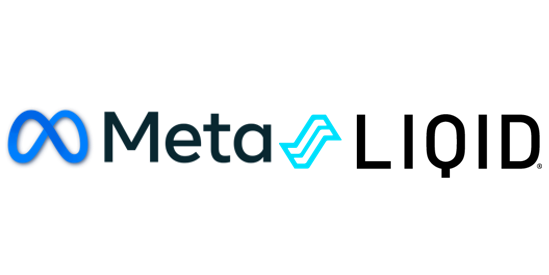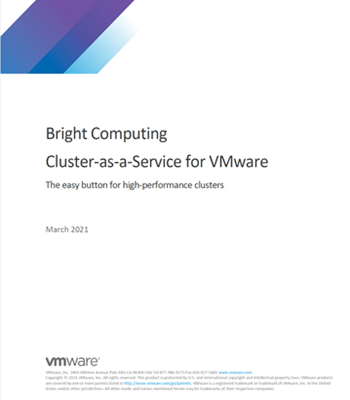HIROSHIMA — At the G7 Summit in Japan, IBM (NYSE: IBM) announced a 10-year, $100 million initiative with the University of Tokyo and the University of Chicago to develop a quantum-centric supercomputer powered by 100,000 qubits. IBM said it will work over the next decade to advance the underlying technologies for this system, as well as to design and build the necessary components […]
IBM Launches $100M Partnership with Tokyo and Chicago Universities to Develop 100,000-Qubit Quantum-Centric Supercomputer
IBM Launches Quantum Computing Initiative for Japan
IBM and the University of Tokyo have announced an agreement to partner to advance quantum computing and make it practical for the benefit of industry, science and society. “Under the agreement, an IBM Q System One will be installed in an IBM facility in Japan. It will be the first installation of its kind in the region and only the third in the world following the United States and Germany. The Q System One will be used to advance research in quantum algorithms, applications and software, with the goal of developing the first practical applications of quantum computing.”
University of Tokyo to Deploy IME14K Burst Buffer on Reedbush Supercomputer
Today DDN Japan announced that the University of Tokyo and the Joint Center for Advanced High Performance Computing (JCAHPC) has selected DDN’s burst buffer solution “IME14K” for their new Reedbush supercomputer. “Many problems in science and research today are located at the intersections of HPC and Big Data, and storage and I/O are increasingly important components of any large compute infrastructure.”
University of Tokyo Selects Mellanox EDR InfiniBand
Today Mellanox announced that the University of Tokyo has selected the company’s Switch-IB 2 EDR 100Gb/s InfiniBand Switches and ConnectX-4 adapters to accelerate its new supercomputer for computational science.
SGI to Power 1.9 Petaflop Supercomputer at University of Tokyo
The University of Tokyo has chosen SGI to perform advanced data analysis and simulation within its Information Technology Center. The center is one of Japan’s major research and educational institutions for building, applying, and utilizing large computer systems. The new SGI system will begin operation July 1, 2016. “The SGI integrated supercomputer system for data analysis and simulation will support the needs of scientists in new fields such as genome analysis and deep learning in addition to scientists in traditional areas of computational science,” said Professor Hiroshi Nakamura, director of Information Technology Center, the University of Tokyo. “The new system will further ongoing research and contribute to the development of new academic fields that combine data analysis and computational science.”







